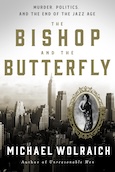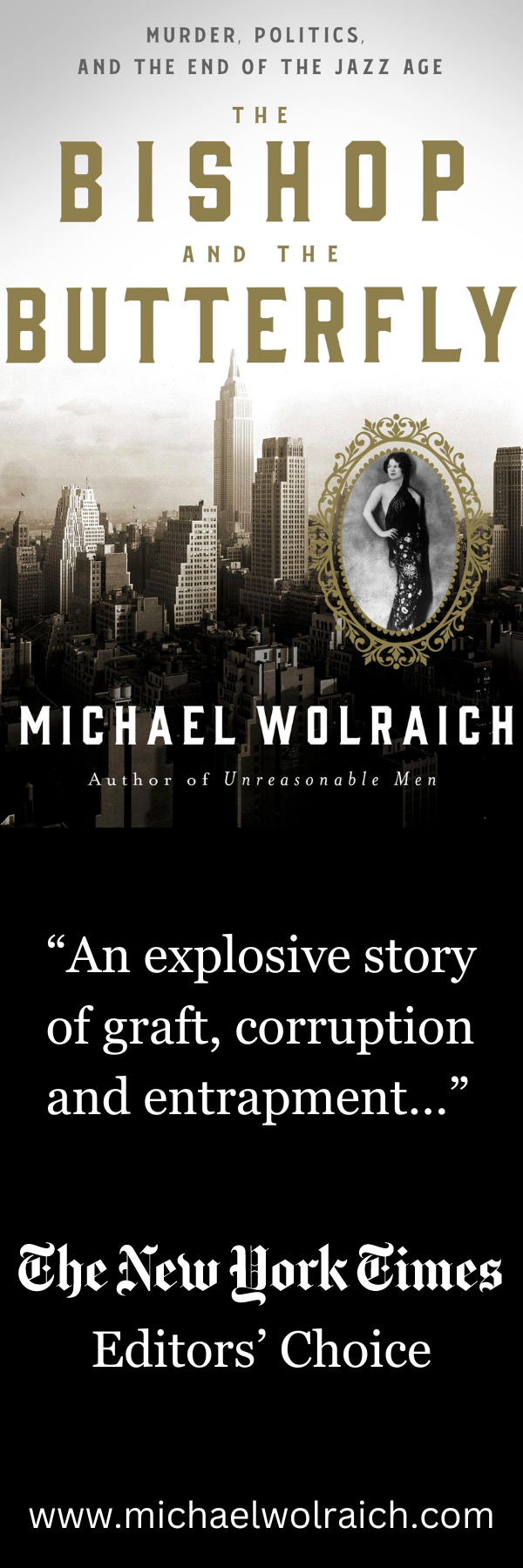(Note: When I learned that Kareem Abdul-Jabbar has leukemia, I was terribly saddened. Because I remember my Mother’s battle with the disease (she died of Leukemia on Dec. 30, 2008). And as much as that, I know that for an African-American and other minorities, the chances of receiving a potentially life-saving bone marrow transplants are horrifyingly low. I wrote this in April 2008, and make the same call I did then - The National Bone Marrow Registry desperately needs the African-American Community to dramatically increase their numbers. Let Abdul-Jabbar’s fight be a teaching moment, and something that could save thousands of lives.)
When I recovered from the shock of learning that my Mom had acute myeloid Leukemia, I set to work on learning more about it, and trying to find what part I could play.
It was evident early on that my Mom would need a bone marrow transplant to survive more than one or two years. AML is a vicious disease that can only be repressed by intense chemotherapy. It comes back, and the chemo treatments quickly lose potency. So I saw the part I would play, and knew it would be a lifetime endeavor.
With the help of Pat Conlee of the National Marrow Donor Program, I began to learn about the bone marrow registry. I worked with Conlee, my Father and friends and family to put together a bone marrow drive for my mother in Victorville, Calif. But I knew that was not to be a one-time effort, and that the NMDP needed help from wherever it could find it.
As I learned about the NMDP, one fact struck me extremely hard. For Caucasians in need of a bone marrow transplant, 88 percent find a suitable donor. For African-Americans, that number tumbles to 60 percent.
While any person of any race can be a suitable person for anyone in need, the simple fact is this: ethnicity matters when it comes to bone marrow. A Caucasian person has a much better chance of getting a match from another Caucasian. An Asian person has a much better chance of being matched with another Asian. An African-American has a better chance of being matched with another of African descent.
According to the NMDP, there are just 11 million people on the bone marrow donor registry. And that’s not in the U.S. That’s in the world. In the U.S., there are five million white people on the registry. There are 500,000 blacks. There lies the difference between the 88 percent and 60 percent figures.
This is a call to the black community. The National Marrow Donor Program needs you. And those of African descent need you even more. They are literally dying for a better representation of blacks on the bone marrow registry.
To put a face to issue, let me point to my friend Emru Townsend. In December, Townsend - of Montreal - was told that he had AML, as well as a disorder called monosomy 7. He was told he needed a bone marrow transplant to survive. He was also told that due to his African-Caribbean heritage, his chances of finding a donor were much less than if he were white.
But Townsend did not waste his time with self-pity. He immediately began to champion the cause, and his efforts to get more blacks on Canada’s bone marrow registry have been covered in newspapers, radio and on television. He is a true inspiration, going so far as spending days working to get his message out while he is receiving chemotherapy. And he is still without a matching donor. His site - HealEmru.com - tells his story and has valuable information on how one can get on the bone marrow registry.
“After everything I’ve learned, I just can’t believe that everyone is not on the registry,” said Townsend. “It’s just such an easy thing and it’s so important to so many families.”
In the U.S., one of the reasons for the lack of donors of all races is likely the cost. It costs $52 to get on the registry, but that amount falls to $25 for African-Americans due to the need. But even if an African-American doesn’t have a dime to spare, if they want to get on the registry, they will not be turned away. But this is why donations are always eagerly accepted by the NMDP to help defray the costs of the tissue typing necessary.
The process for donating is simple - all it takes is a few swaps from a person’s inner cheek, filling out some paperwork, and it’s done. If you are called as a potential match, you will be given a battery of tests (free of charge) that will see if you are in good health and able to donate. The donating process consists of taking some marrow from your spine (under local anesthesia) and does not entail an overnight stay in a hospital. Generally, some minor discomfort for a day or two is the full price that has to be paid for saving a life.
For my allies in the POC blogosphere, and anyone else interested in helping, I humbly request that you write about this issue in any way you deem fit. Discuss your thoughts on why blacks are so underrepresented if you like. Discuss the issue from any angle you wish. But please discuss it. And register. And try to get more people of African descent onto the registry. Lives are literally in the balance.
Helpful Links
- The National Marrow Donor Program: Here you will find a plethora of information on the bone marrow registry, including how and where you can register. They can also be reached at 1(800) 627-7692.
- Jes Us For Jackie: Rapper Nelly’s ongoing effort to get African-Americans involved in the bone marrow donor registry. Nelly’s sister died from Leukemia, unable to find a donor.
- Emru Townsend’s site: Townsend has worked tirelessly to create a site that has information on his plight, as well as information on bone marrow drives throughout the U.S. and Canada. [Emru Townsend lost his battle with leukemia on November 11, 2008]
- The Caitlin Raymond International Registry: An International bone marrow and cord blood search and donor recruitment center.
- African-American Community Health Advisory Committee: More information on the need for African-American marrow donors and information on how the process takes place.
– Asians for Miracle Matches: Non-Japanese Asians, Native Americans, and Pacific Islanders are also underrepresented on the marrow donor registry. A3M is trying to change that.
If you have any other questions, such as how to put together a bone marrow drive in your community or anything else, feel free to contact me at wkwolfrum(at)gmail(dot)com.
–WKW




Comments
thanks for this william. my grandfather died from leukemia and i didnt know it was such a threat in the african-american community. I also thought donating bone marrow was a horrific process, but I guess i should research it further.
by Deadman on Tue, 11/10/2009 - 12:16pm
Yeah, it's really about the same as any minor procedure. Plus, if you join the Registry, there's maybe a 1% chance you'll get the call that you're a match. I've been on it for 20 years and got one preliminary call about a match, but they called back and said it wasn't close enough. It's a real numbers game, and race & genetics matter.
From: http://www.marrow.org/DONOR/When_You_re_Asked_to_Donate_fo/Donation_FAQs...
The National Marrow Donor Program (NMDP) wants to assure donor safety, but no medical procedure is risk-free. The majority (more than 98.5%) of donors feel completely recovered within a few weeks. A small percentage (1.34%) of donors experience a serious complication due to anesthesia or damage to bone, nerve or muscle in their hip region.
The risk of side effects of anesthesia during marrow donation is similar to that during other surgical procedures. Serious side effects of anesthesia are rare. Common side effects of general anesthesia include sore throat (caused by the breathing tube) or mild nausea and vomiting. Common side effects of regional anesthesia are a decrease in blood pressure and a headache after the procedure.
The NMDP and its centers take all the necessary precautions to ensure the safety and well-being of the donor. To learn more, see Safeguarding Donors and Patients.
by William K. Wolfrum on Tue, 11/10/2009 - 12:27pm
One percent doesn't seem that small of a percentage to me for "serious complication". That said, I assume these are only for actual donors (in which case you're making a significant contribution to someone else's life) and not just whatever preliminary steps are required to put you on the registry. Thanks for the information.
by Nebton on Tue, 11/10/2009 - 12:30pm
Getting on the registry has a 0% risk. It's a swab of the inner cheek that you do yourself. Or you can also get on the registry when you don'te blood.
by William K. Wolfrum on Tue, 11/10/2009 - 12:37pm
0%? What if I accidently swallow the swab? ;)
Side note: I can no longer donate blood because twice I've tested (false) positive for liver related diseases. Not only did I have my doctor rule out those diseases, I recently had him do a liver battery on me after a third false positive for a liver related disease (but that false positve was during a regular check up and not while I was donating blood). His best guess is that some of my extreme exercising is responsible for the false positives. Cheek swabs would probably not register that, however.
by Nebton on Tue, 11/10/2009 - 12:50pm
I can't donate blood b/c I lived in the UK during the mad cow days. Anyone know if this restriction applies to marrow?
by Michael Wolraich on Tue, 11/10/2009 - 2:31pm
You can still join the Registry even if you've lived overseas.
Only 20% of donations are know done through the surgical procedure. Most donations are Peripheral Blood Stem Cell (PBSC) donations. With this type of donation, the donor is given a series of injections over 5 days of a drug that stimulates the bone marrow to create extra blood forming cells in the blood stream. Then on the 5th day the donor is placed on an apheresis machine which removes the blood from one arm, through an intraveneous needle, seperates out those extra cells then returns the remaining blood components to the other through another intraveneous needle. The process usually takes about 4-5 hours. The most common side effects are fatigue and muscle and bone aches.
Please check any of the sources listed above for more information as all are great sources for information. I'm a Recruiter with the Be The Match Registry, working out of the Rhode Island Blood Center. Please feel free to email me any questions as well at jstpeter@ribc.org.
by Jennifer St. Peter (not verified) on Tue, 11/10/2009 - 6:26pm
Thanks for the details. I'll look into it.
by Michael Wolraich on Tue, 11/10/2009 - 7:03pm
Hi Bill,
Here's an update since the original message was written:
There are now 13 million registrants in the world. Yay! Yes, it's still a shortage.
There now over 550 000 African-Americans on the US registry. Yay! Yes, it's still a shortage.
Another way to register for free is to go to register online for FREE with Be The Match (the rebranded name of The Marrow Foundation) at http://www.bethematch.org. Since the summer, the fee is waived as long as funding from sponsors remains available. So if you have an Internet connection, money is not an issue, and a kit will be sent to the person's home and they can just drop the kit in the mail using the SASE provided when they are done.
by Tamu (not verified) on Tue, 11/10/2009 - 11:31pm